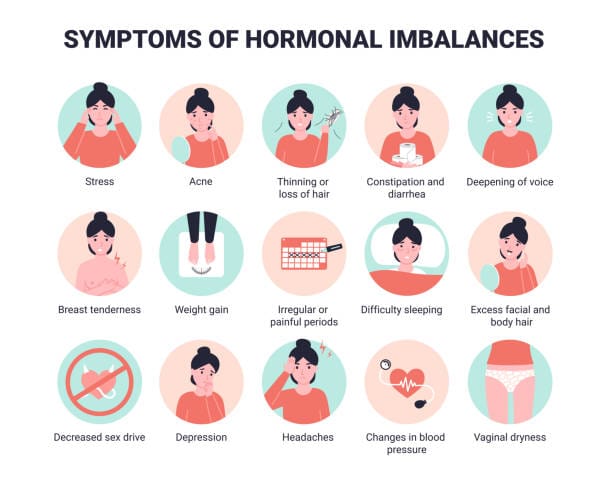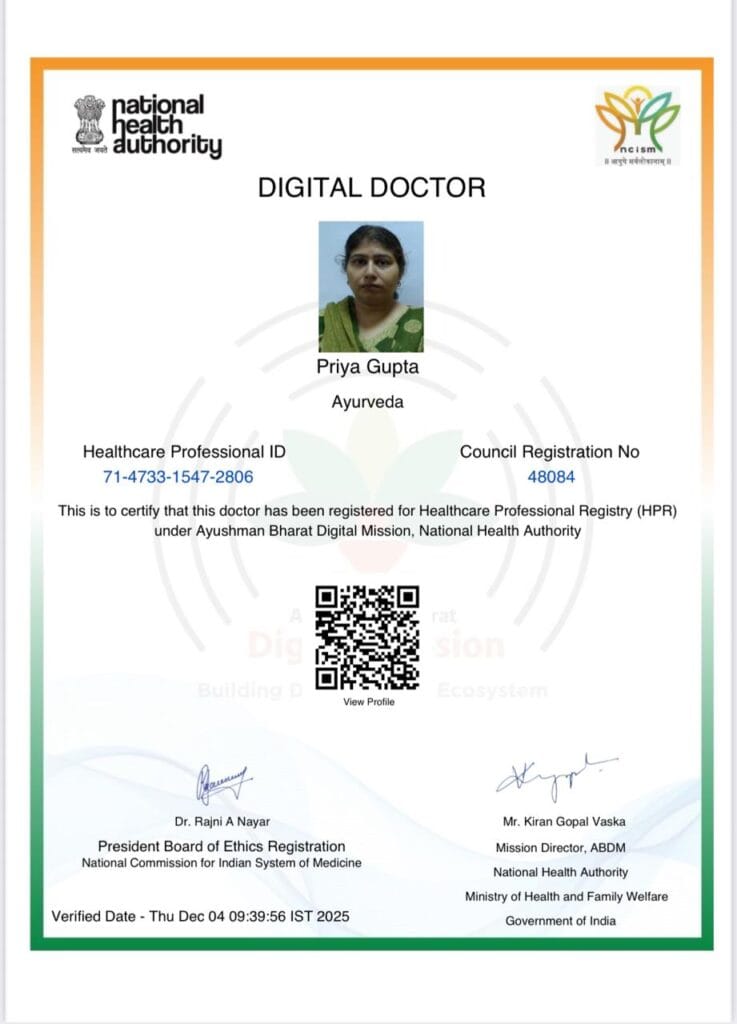
Hormones play a crucial role in a woman’s body, regulating everything from metabolism and mood to reproductive health. When these chemical messengers are out of balance, they can cause a variety of physical and emotional issues. Hormonal imbalance is common among women and can occur due to lifestyle factors, medical conditions, or natural changes like puberty, pregnancy, and menopause.
Understanding the causes, symptoms, and ways to restore balance can help women take charge of their health.
What is Hormonal Imbalance?
Hormonal imbalance occurs when the body produces too much or too little of certain hormones, disrupting normal functions. These hormones include:
Estrogen & Progesterone – Essential for menstrual cycles and reproductive health.
Testosterone – Though present in small amounts, it affects muscle mass and mood.
Thyroid Hormones (T3, T4, TSH) – Regulate metabolism, energy levels, and weight.
Insulin – Controls blood sugar levels.
Cortisol – The stress hormone that affects mood and metabolism.
When these hormones are not in balance, they can lead to a range of health issues.
Common Causes of Hormonal Imbalance in Women
Stress & Anxiety
– High stress increases cortisol, which can affect other hormones.
Unhealthy Diet – Processed foods, sugar, and lack of nutrients disrupt hormone levels.
Lack of Sleep – Poor sleep impacts melatonin, insulin, and cortisol levels.
PCOS (Polycystic Ovary Syndrome) – A common condition causing excess androgens (male hormones).
Thyroid Disorders – Hypothyroidism or hyperthyroidism can lead to hormonal shifts.
Birth Control Pills & Medications – These can alter hormone levels.
Menopause & Pregnancy – Natural hormonal changes during different life stages.
Symptoms of Hormonal Imbalance in Women
Women may experience different symptoms based on which hormones are out of balance. Common signs include:
✔ Irregular Periods – Missed, heavy, or unpredictable cycles.
✔ Weight Gain or Difficulty Losing Weight – Especially around the belly.
✔ Mood Swings & Anxiety – Depression, irritability, or emotional instability.
✔ Fatigue & Low Energy – Feeling exhausted even after rest.
✔ Acne & Oily Skin – Caused by excess androgens.
✔ Hair Thinning or Excess Hair Growth – Hair loss on the scalp or unwanted facial hair.
✔ Low Libido & Infertility – Difficulty in conceiving or low sexual drive.
✔ Sleep Disturbances – Insomnia or waking up tired.
If these symptoms persist, it’s important to seek medical advice for diagnosis and treatment.
How to Naturally Balance Hormones in Women
1. Eat a Balanced Diet
Include whole foods, fiber, and healthy fats (avocados, nuts, olive oil).
Avoid processed foods, sugar, and caffeine.
2. Manage Stress
Practice meditation, deep breathing, and relaxation techniques.
Engage in hobbies and self-care activities.
3. Exercise Regularly
Engage in yoga, strength training, or cardio to regulate hormones.
Avoid over-exercising, as it can increase cortisol levels.
4. Get Quality Sleep
Aim for 7-8 hours of sleep to support hormone production.
Maintain a regular sleep schedule and avoid screen time before bed.
5. Try Herbal Remedies
Ashwagandha and Maca root help balance cortisol.
Flaxseeds and spearmint tea regulate estrogen levels.
6. Consult a Doctor
If symptoms persist, get blood tests to check hormone levels.
Consider professional guidance for supplements or treatments.
Conclusion
Hormonal imbalance is common but can be managed with the right lifestyle changes and medical guidance. A balanced diet, stress management, and proper sleep play a crucial role in keeping hormones in check. If you experience persistent symptoms, consult a healthcare provider for early diagnosis and treatment.
By taking small but effective steps, women can achieve hormonal balance and overall well-being. 💖


